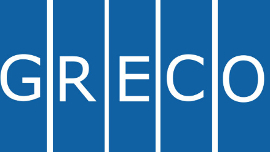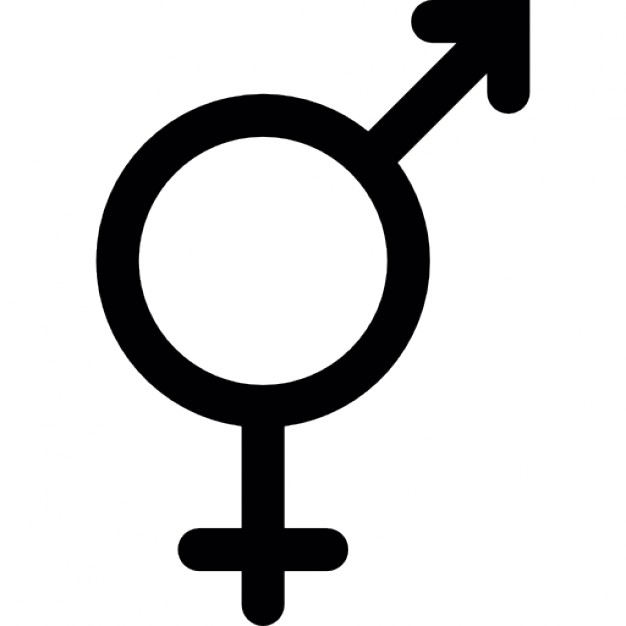Ever since antiquity, corruption has been one of the most widespread and insidious of social evils. When it involves public officials and elected representatives, it is inimical to the administration of public affairs. Since the end of the 19th century, it has also been seen as a major threat in the private sphere, undermining the trust and confidence which are necessary for the maintenance and development of sustainable economic and social relations. It is estimated that hundreds of billions of Euros are paid in bribes every year.
The Council of Europe exists to uphold and further pluralist democracy, human rights and the rule of law and has taken a lead in fighting corruption as it poses a threat to the very foundations of these core values. As it is emphasised in the Criminal Law Convention, corruption threatens the rule of law, democracy and human rights, undermines good governance, fairness and social justice, distorts competition, hinders economic development and endangers the stability of democratic institutions and the moral foundations of society.
The approach of the Council of Europe in the fight against corruption has always been multidisciplinary and consists of three interrelated elements: the setting of European norms and standards, monitoring of compliance with the standards and capacity building offered to individual countries and regions, through technical co-operation programmes.
The Council of Europe has developed a number of multifaceted legal instruments dealing with matters such as the criminalisation of corruption in the public and private sectors, liability and compensation for damage caused by corruption, conduct of public officials and the financing of political parties. These instruments are aimed at improving the capacity of States to fight corruption domestically as well as at international level. The monitoring of compliance with these standards is entrusted to the Group of States against Corruption, GRECO.






